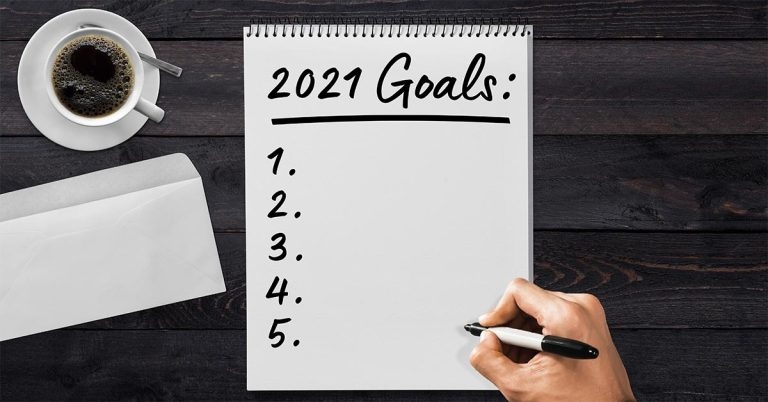19 Jan 2021
David Charles uses the new year to reflect on the career aspirations he set for himself for 2020, but also how he managed some of the challenges he faced.

Image © USA-Reiseblogger / Pixabay
I’m sure in the next few months we will be inundated with articles and pieces on social media all about “a year of COVID-19”, “12 months of lockdown” and the like.
However, the new year is also a great time to pause and reflect on the year gone by, take stock of how things are going, and consider where we want to be heading in the year ahead.
Personally, I don’t usually make New Year’s resolutions, but I often have some New Year’s aspirations – things I’d like to do or change in the year ahead, but, equally, not things I would beat myself up over if they don’t pan out.
For example, last year I wanted very much to move on in my career and progress a lot clinically; I knew I was likely to move jobs, but didn’t want it to be a be-all and end-all decision, and that I must have moved by a specific date in time. As I touched on in other articles; it being the next right step was far more important than it being any step.
It has been a year since my first article was published by Vet Times – and in that time (to name a few things) I have:
Lately, I’ve considering some of the aspirations I had as a final year on results day 18 months ago. Thankfully, an awful lot of them have been met, while other aspirations have joined in along the way – for example, starting my certificate in advanced veterinary practice in the next calendar year to really drill into an area of clinical interest, and continuing to improve my knowledge and skill.
But some of the things I thought I would have shed by 18 months’ qualified are very much still present every now and then.
Impostor syndrome still rears its head in my life from time to time, but I would argue that most vets (no matter how long qualified) all have the occasional moment of impostor syndrome; we should actually talk about it more openly when we are discussing life in practice with students and new graduates, so that it isn’t something to be ashamed of when you, inevitably, experience it yourself in your first years in practice.
For me, the big thing that helps me with impostor syndrome is remembering something a vet on EMS once told me was one of the most important things to remember when you faced uncertainty at work:
“…you may not have all of the answers, but you’re part of a bigger team that can produce the answers or can help the client find where to go to get those answers.”
A simple sentiment, but one that – when coupled with the use of first principles, and a solid clinical examination and history – can be hugely reassuring and help focus you when you are facing a difficult case and an intense client.

Whether working in large, small or equine practice, it can be quite easy to feel very isolated (for example, if you’re in the car alone all day, or regularly working out of a small branch clinic sole charge) – and this has definitely been exacerbated by COVID-19 restrictions.
We are lucky to have so much technology and instant messaging available, and reaching out to your colleagues, peers or the wider veterinary community (Veterinary Voices or Vets; Stay, Go, Diversify – to name two places) can really help remind you that support is always available to those who ask for it.
I also look forward to reading up more on the work by Scotland’s Rural College about lone working as large animal vets, through the Sarah Brown Mind Matters Research Grant.
As I look at the next 12 months and lay out some aspirations for my year ahead, I am very aware things like the occasional feeling of isolation and instances of impostor syndrome will still happen. But I now know that as long as I have learned from experiences in the past year – and have a better idea of what to do when I have these feelings – then it’s okay.
As I often say to final-year students on rotation: it’s a really friendly profession; you just have to pluck up the courage to ask for help when you need it – and that’s not just in clinical situations.